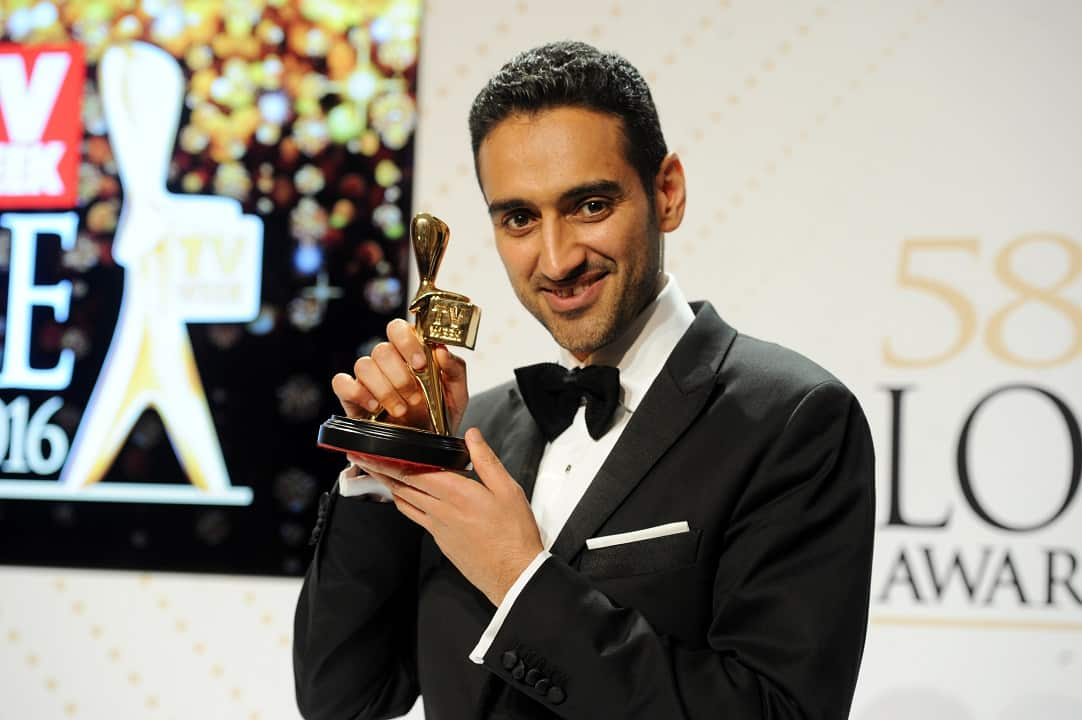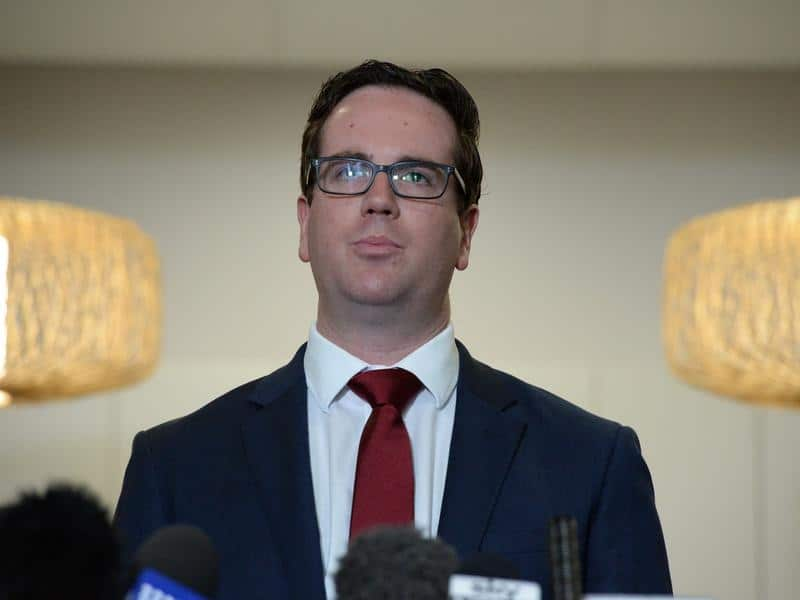The Department of Foreign Affairs and Trade spent $100,000 of taxpayer money flying six European journalists to Australia for an official tour to show them Australia's approach to immigration policy, departmental documents have revealed.
Documents obtained by AAP under freedom of information laws reveal six journalists and a think tank researcher were flown business class from Belgium, Croatia, Denmark, Germany, Ireland and Sweden, at a cost of close to $54,000 in March last year.
The remaining money was spent on four-star hotel accommodation in Sydney and Melbourne, domestic flights in Australia, bus hire and travel allowances covering food costs.
The tour was focused on multiculturalism and refugee policy in Australia, featuring briefings with the Immigration department to discuss Operation Sovereign Borders - the government's crackdown on asylum seeker boat arrivals that began under the Abbott government.
The journalists also met with the Australian Human Rights Commission, the Refugee Council of Australia, Network Ten talent Waleed Aly, refugee lawyer Deng Adut and Australia's 2017 Eurovision entrant Isaiah Firebrace.
There was also a visit to Wollongong to learn about its history of resettling refugees.
The Refugee Council's Tim O'Connor was in the room when the group of journalists arrived, accompanied by a couple of DFAT staff. He said they were given a two-hour briefing, followed by individual interviews requested by some of the journalists.
"We were pretty frank," Mr O'Connor told SBS News.
He said the Council told the group about Australia's resettlement programs for newly arrived refugees, but also the "manner in which Australia treats people in asylum on Manus and Nauru".
"They were very sympathetic to our perspective on how the asylum seekers were treated," he said.
"They were confounded by the brutality of Australia's policy".
Mr O'Connor said none of the $100,000 had gone to the Refugee Council itself. He said he understood the tour was part of a government-organised media junket at the time, but was "shocked" to learn the total cost of the trip.

Opposition slams business class 'excess'
Labor has branded the business classs flights a "luxury excess".
While it's common for national governments to invite foreign journalists on study tours it is unusual for them to be flown business class.
Labor MP Matt Keogh said the program had some merit but could have been run more efficiently.
"How on earth do you justify having business flights to bring these people out for a sales pitch on Australia?" he told AAP.
Mr Keogh doubted the journalists involved had demanded business class flights.
"This is luxury excess in the portfolio from a minister [Julie Bishop] who likes spending her time doing fancy things," he said.
At the time of the visit, Australia was campaigning for one of two seats on the United Nations' human rights council against Spain and France, which both later pulled out of the race, all-but-guaranteeing Australia the place.
Mr Keogh questioned whether the department had tried to curry favour with certain nations to support Australia's bid for a seat on the council.
The department said international media visits aimed to generate "informed foreign media reporting that contributes to a balanced and positive view of Australia".
In 2016, the department was criticised for spending $215,000 flying 23 bureaucrats business class to Paris, to discuss ways to save money.

DFAT resisted document release
The Office of the Australian Information Commissioner ordered the Department of Foreign Affairs and Trade to release the documents after a seven-month wait.
DFAT originally tried to impose a fee of nearly $500 for processing the 20 documents.
AAP applied to have the charges waived for public interest reasons, and in the end, the Australian Information Commissioner agreed.
"I am satisfied that the giving of access to the document in question is in the general public interest or in the interest of a substantial section of the public," Commissioner Pilgrim wrote in his reasoning.
- with AAP

